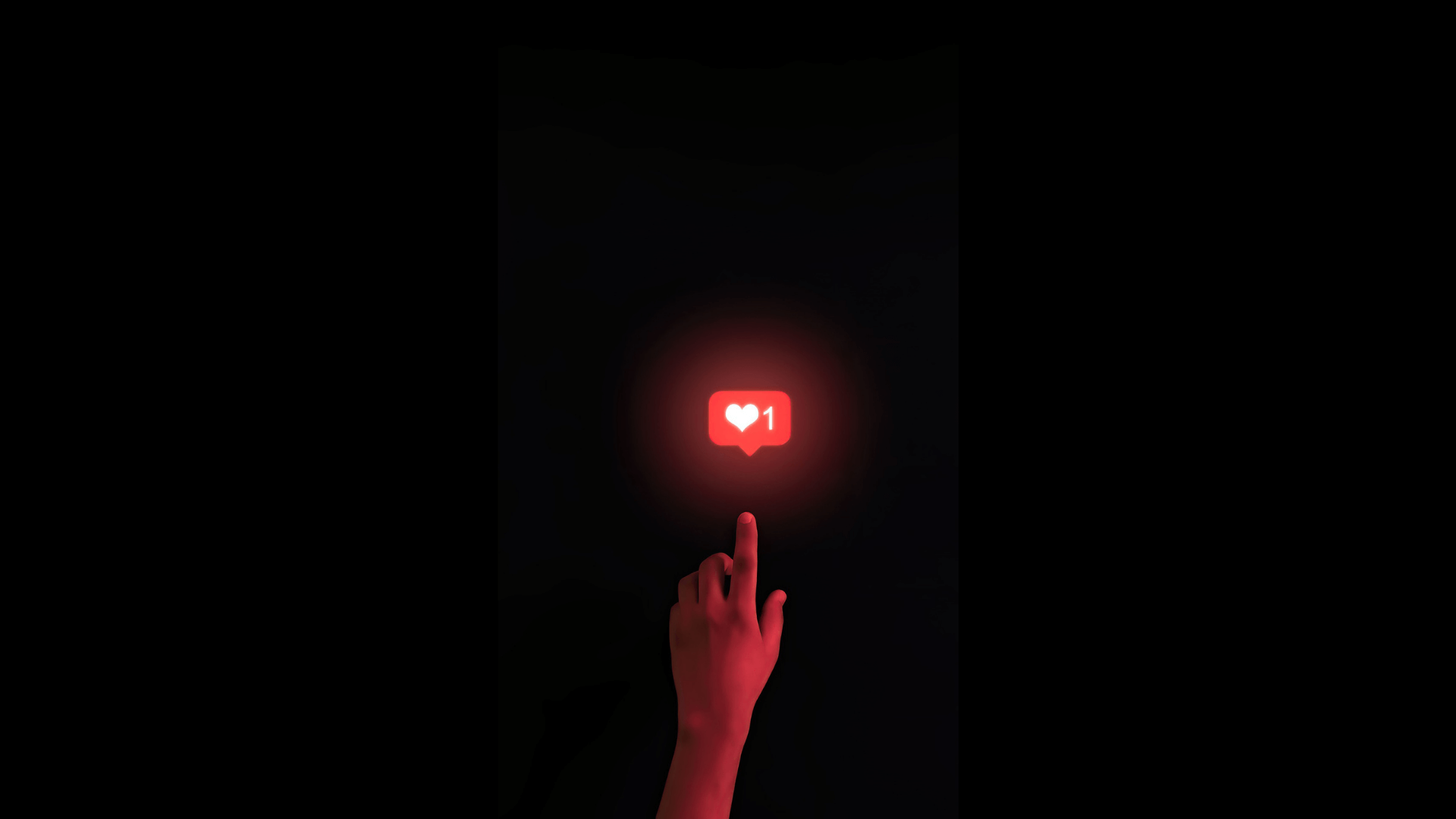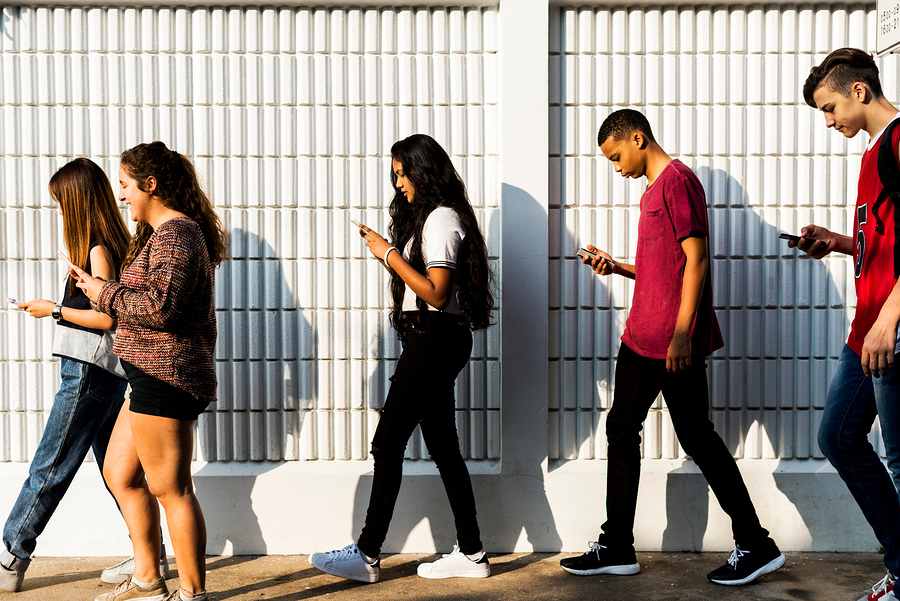A survey reveals that social media strengthens the interpersonal relationships of teens, but reduces face-to-face communication. Social media makes teenagers feel less lonely, however, sometimes they feel inferior compared to their peers.
Image: Bigstock
A study highlights that teens prefer to communicate through text messages instead of having face-to-face interactions. Likewise, they express that although social media distracts them, it helps strengthen their interpersonal relationships.
It seems that there is a constant battle to snatch the smartphones from teens and reduce the time they spend on social media. For example, recently the French government decided to ban cell phones in primary and secondary school classrooms, and countless studies warn of harmful interactions on platforms such as Facebook or Snapchat.
Some questions arise. Will prohibitions improve educational outcomes? Are we underestimating the power of useful communication tools? How much can the interpersonal relationships of teens be affected by moderating the use of social media?
A recent investigation undertaken by the non-profit organization Common Sense Media, whose effort focuses on supporting children in the technological environment, collected the opinion of more than a thousand children between 13 and 17 years of age regarding the use of social media.
Social media use is increasing
-
81 percent of teens use social media platforms compared to the 34 percent from the 2012 survey; 70 percent state they check it several times a day.
-
35 percent of respondents prefer to communicate with their friends through text messages, 32 percent choose to do it face-to-face, and 16 percent opt for social media.
-
More than half of teens say that social networks are a distraction at school, also it stops them from paying attention to the people around them.
-
41 percent of respondents use the Snapchat, 22 percent Instagram and only 15 percent use Facebook.
-
75 percent of teenagers think that big technology companies manipulate them to use their devices more and to spend more time on social platforms.
Teenagers think that social media helps them
-
25 percent feel less alone when using social media platforms, 16 percent feel less depressed, and 12 percent feel less anxious.
-
20 percent say they feel confident in social media, while 21 percent say they feel popular.
-
One in four feels that social media helps them express themselves creatively.
-
Only 3 percent say they feel more depressed.
Vulnerable teens need support
-
Teens who see themselves at a low level on a social-emotional scale have a more negative view of the impact of social media; some answers show that they feel bad about themselves when nobody comments or “likes” their posts.
-
Only 13 percent claim to have been victims of cyberbullying, but two-thirds say they often read racist, sexist, homophobic or religion-based hate comments in social media.
The researchers of this report state that according to the data collected the use of social media strengthens relationships with friends and relatives of teens but decreases face-to-face communication. Social media makes teenagers feel less alone; however, some feel inferior compared to their peers. Social media platforms help alleviate the depression of many but aggravate the grief of those who feel isolated.
It is risky to say that social media benefits or causes harm to the teen’s well-being. However, this type of research reminds us that before prohibiting or recommending the use of technology, it is necessary to investigate its impact from all points of view.
This article from Observatory of the Institute for the Future of Education may be shared under the terms of the license CC BY-NC-SA 4.0 
)
)











)
Andrés García Barrios
Andrés García Barrios
Andrés García Barrios